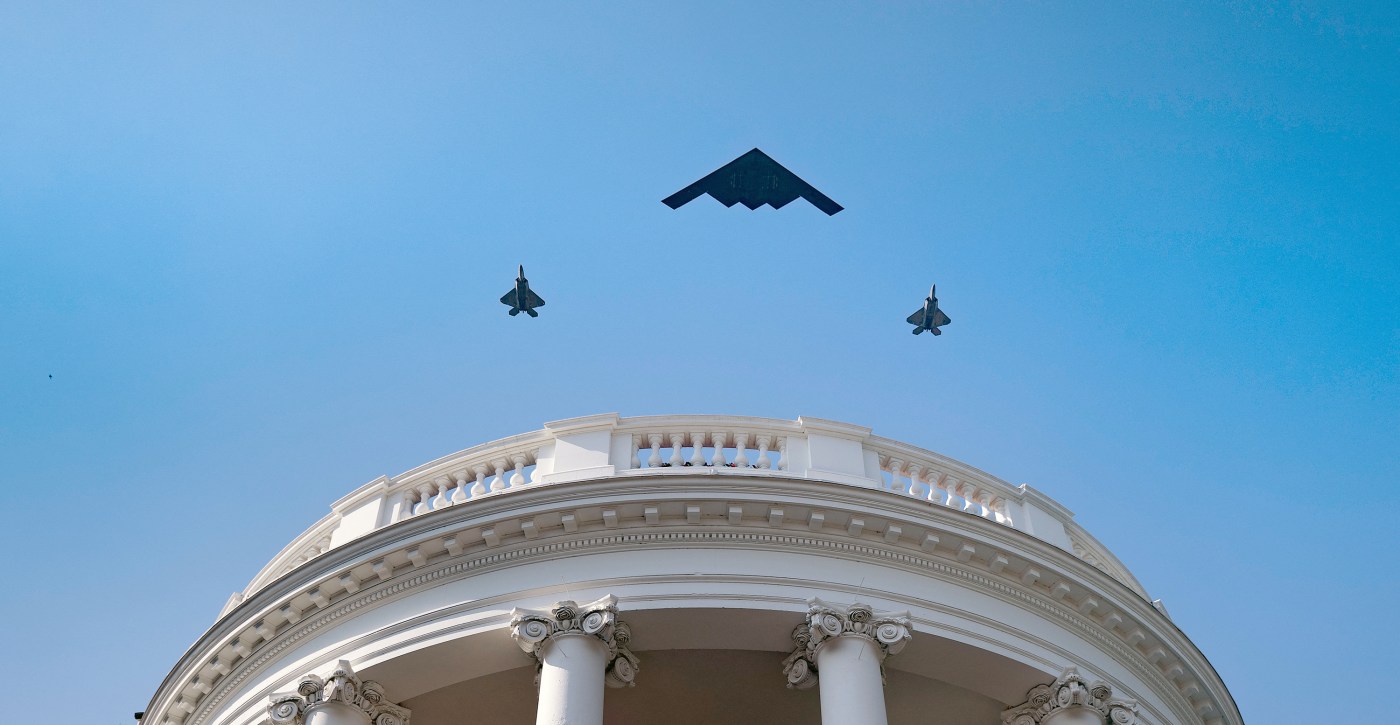The Pentagon’s budget has reached an unprecedented level, with an increase of $150 billion approved by Congress and signed into law by the president on July 4. This surge pushes next year’s proposed budget to over $1 trillion, raising significant concerns about the implications for national security and military personnel.
According to a recent report by the Quincy Institute and the Costs of War Project at Brown University, over half of the Pentagon’s spending—specifically 54%—is allocated to private contractors. This marks a substantial increase from the 41% share recorded in the 1990s, following the Cold War. Critics argue that this focus on military contractors may not enhance security but instead enrich defense companies while fostering an arms race, particularly with nations like China.
The increase in budget allocation comes at a time when military families face challenges. Reports indicate that many are reliant on food assistance, which has seen funding cuts of 20%. This has raised alarms about the prioritization of military contracts over the welfare of service members and veterans. The budget includes significant funding for ambitious projects, such as the long-sought Golden Dome missile defense system, which has been pursued for more than four decades. Additionally, new investments are earmarked for the F-47 combat aircraft and military shipbuilding.
As the military spending landscape evolves, a competitive dynamic is emerging between established defense giants—known as the Big Five, which includes Lockheed Martin, RTX (formerly Raytheon), Boeing, General Dynamics, and Northrop Grumman—and newer tech firms like SpaceX and Palantir. The latter have gained influence within the Trump administration, particularly through advocates like Vice President JD Vance.
Despite the promises of revolutionary advancements in military technology, including artificial intelligence-driven weapons, skepticism remains. Historical trends suggest that complex, high-tech systems do not guarantee success in military engagements. The argument is made that effective military strength relies more on well-trained and adequately compensated personnel than on the latest technology.
To enhance national security, experts advocate for a shift in strategy. This involves reallocating funds from contractors to invest directly in the military personnel who carry out missions. A balanced approach that prioritizes diplomacy and cooperation with allies could lead to fewer conflicts and a reduced need for military intervention.
It is essential to address the influence of corporate interests in military funding decisions. Advocates for reform suggest measures to limit the revolving door between government and industry, ensuring that military contractors do not have disproportionate sway over budgetary allocations. Enhancing transparency and including independent voices in budget discussions could foster a more strategic approach to national defense.
William D. Hartung, a senior research fellow at the Quincy Institute for Responsible Statecraft and co-author of the report “Profits of War: Top Beneficiaries of Pentagon Spending, 2020 to 2024,” emphasizes that a re-evaluation of military spending priorities is necessary. The current trajectory, which leans heavily on corporate profits, may not be the most effective means to secure the nation’s future.



































































